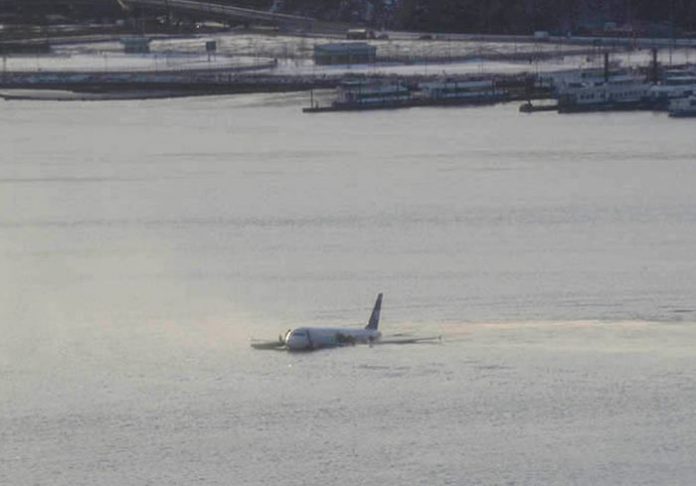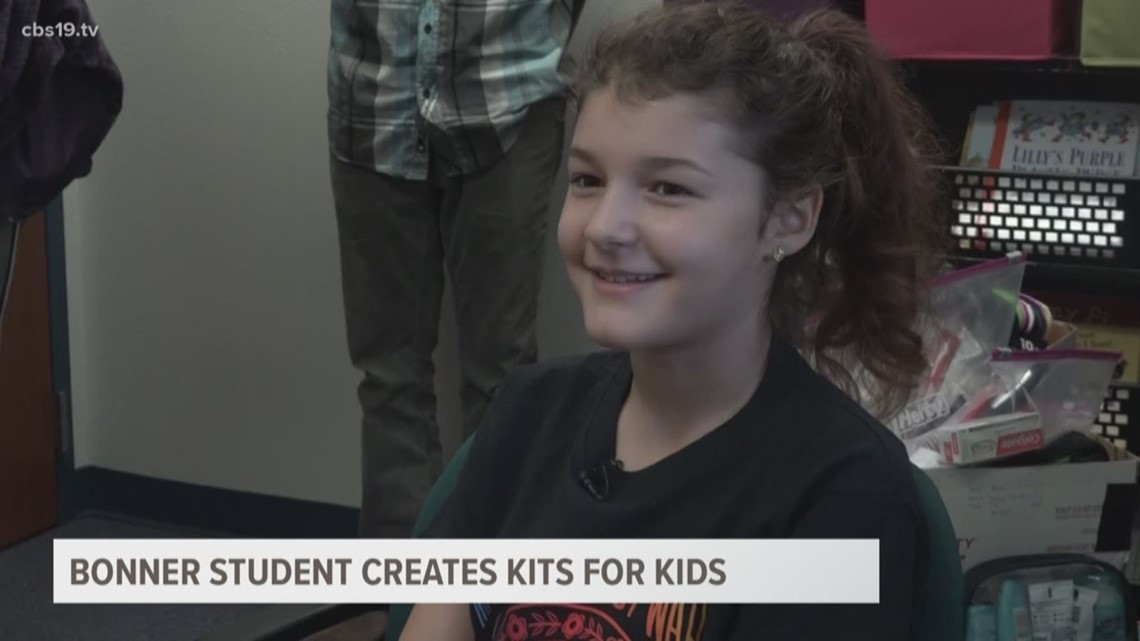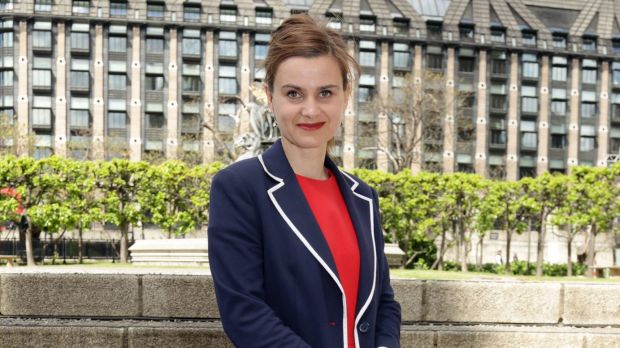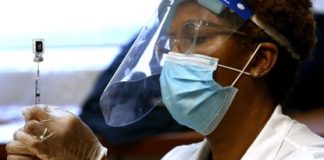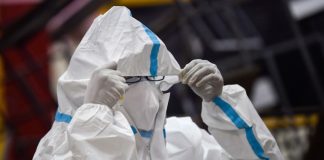It has been more than a decade since everyone onboard survived US Airways flight 1549 ditching into New York’s Hudson River beside Midtown Manhattan.
The unforgettable image of the passengers and crew crowded onto the wings and escape slides awaiting rescue, as the plane floated in the icy waters, was flashed around the world.
The pilot, Chesley Sullenberger, known as ‘Sully’, was the hero of the hour, and New York Governor David Paterson famously said: “We had a Miracle on 34th Street. I believe now we have had a Miracle on the Hudson.”
What happened?
On 15 January, 2009, Flight 1549 was scheduled to fly from New York’s LaGuardia Airport to Charlotte, North Carolina, and continue on to Seattle.
Sully, an air force veteran and commercial pilot since 1980, was joined in the cockpit by first officer Jeffrey Skiles. There were also 150 passengers and three cabin crew on the Airbus A320 when it took off at 3.25pm.
Skiles was in control and visibility was clear, when at 3.27pm the plane struck a flock of Canada geese at an altitude of 2,818 feet (860m). The size of the “bird strike” caused both engines to flame and shut down.
Sully took control of the aircraft and Skiles attempted an engine restart. The plane entered a glide descent, picking up speed to 240mph. Sully placed a mayday call to LaGuardia and attempted to turn back, but realising they wouldn’t make it, asked to be cleared to land at Teterboro in New Jersey.
Permission was granted but, losing altitude, Sully radioed: “We can’t do it … We’re gonna be in the Hudson.”
Heading south west, parallel to Manhattan, the plane passed less than 900 feet (200m) above the George Washington Bridge and Sully commanded passengers and crew to “Brace for impact”.
Impact
At 3.31pm the plane ditched in the middle of the river opposite West 50th Street near the Intrepid Sea, Air and Space Museum. Intact and upright, the aircraft began to drift south with the current.
Passengers were evacuated through the four over-wing and two front exit doors, and were encouraged to climb over seats to speed the process up. Water was entering the plane through the back and the tail-end began to dip. Sully walked the cabin twice to make sure everyone got out before leaving the plane himself.
The temperature was below freezing and many passengers had to stand in water on the inflated slides or the wings. Some fell or jumped into the river.
Two NY Waterway ferries were first on the scene and began to take passengers onboard. Remarkably all were accounted for in just 25 minutes. There were just five serious injuries and 78 people received medical treatment.
What happened next?
The plane was moored by World Financial Centre in Lower Manhattan before being transported to New Jersey for examination, which confirmed the bird strike incident. Subsequent investigation using flight simulators found that only half of attempts to land at LaGuardia or Teterboro succeeded.
Sully testified before the National Transportation Safety Board that attempting to reach an airport could have killed those on board and potentially more on the ground.
The board ruled in his favour and commended the crew’s decision-making, teamwork and performance during the evacuation. Other favourable factors were the aircraft being equipped with life vests, rafts and slides, nearby vessels, the fast response from emergency crews, and favourable visibility.
Some passengers suffered post-traumatic stress in the aftermath, and many simply couldn’t believe they had survived. Each received an apology from the airline, financial compensation, and had their tickets refunded. Some baggage was even recovered.
The crew were lauded by both president George W Bush and president-elect Barack Obama, who invited them to his inauguration five days later. They received a standing ovation at the Super Bowl and keys to the city from Mayor Michael Bloomberg.
Much of the focus of attention was on Sully, who retired the following year. In 2016 he was portrayed by Tom Hanks in the Clint Eastwood-directed movie Sully.


